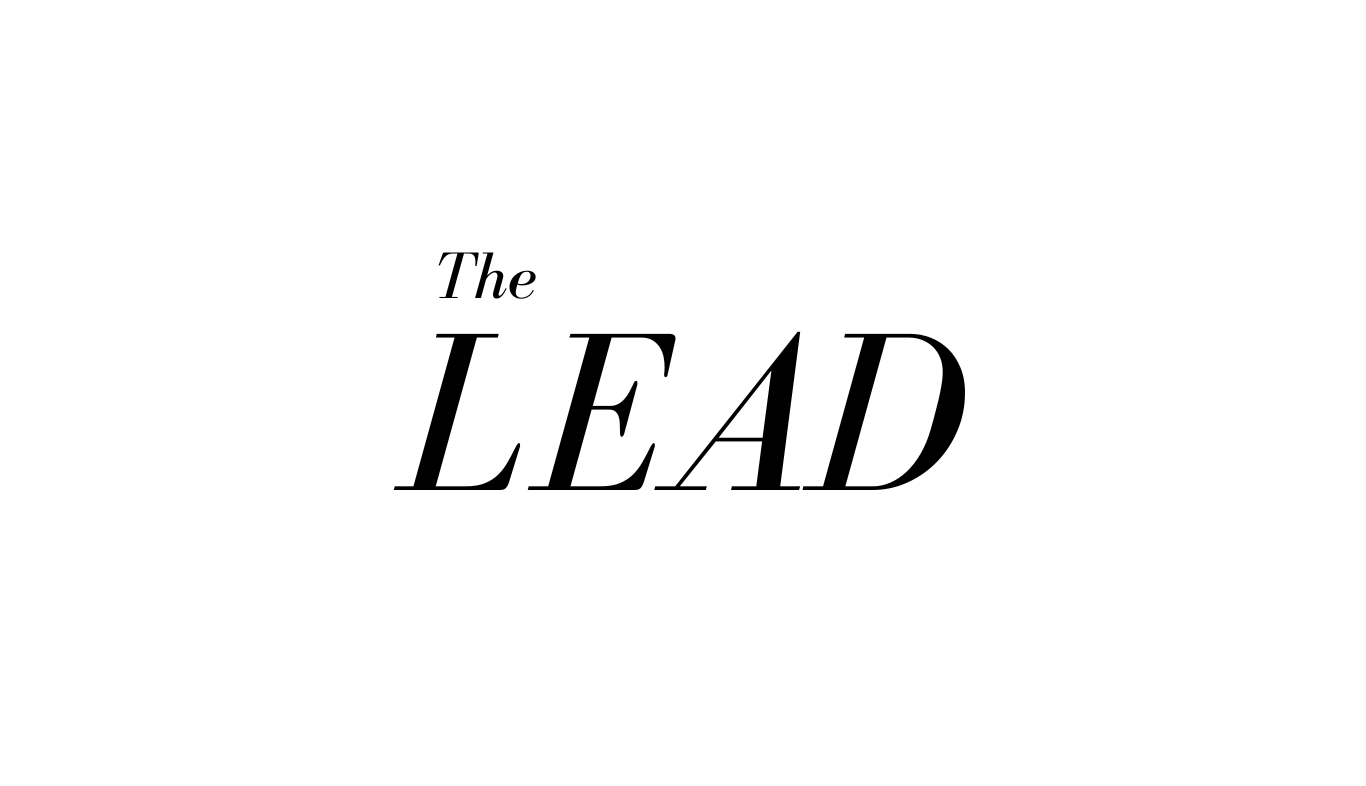To further our mission to talk about process and quality in journalism, each guest curator has highlighted what they see as the “don’t want to miss” pieces posted to Grady Newsource during a semester, along with some constructive reflection about the journalism.
About This Month’s Guest Curator
Jacqueline Gorda graduated from the University of Southern California with a major in Communications and a minor in News Media and Society. She spent eight years working on “The Ellen DeGeneres Show,” where she booked celebrity guests and wrote interviews as a Talent Producer, earning five Daytime Emmy Awards for Outstanding Talk Show/Entertainment. Now, she’s a Senior Communications Specialist for Cox Communications. Jacqueline recently became a new mom to a baby boy and resides in San Diego.

Listening to Dodie Cantrell-Bickley’s podcast interview resonated with me on a personal level. Her journey through the evolution of journalism, from the challenges of traditional broadcast to navigating the digital age, reflects the ever-changing landscape of the industry. Dodie’s emphasis on staying optimistic and embracing innovation serves as a powerful reminder of the resilience and adaptability required in journalism today. Her advice to aspiring journalists to be bold and recognize the importance of their profession resonates deeply, reinforcing the vital role journalists play in providing accurate information and shaping public discourse.

This article sheds light on the struggles faced by Black women in embracing their natural hair. It highlights the financial and professional challenges they encounter, from the higher costs of hair care products to limited accessibility, especially for students at predominately white institutions. Through personal anecdotes and data, it paints a vivid picture of the historical roots of their hair maintenance practices, rooted in centuries-old discrimination. Despite societal pressures, the piece urges a redefinition of beauty standards and a fight against hair discrimination, emphasizing the significance of legislative efforts like the CROWN Act.

This article provides a deep dive into the contentious issue of book banning in schools, focusing on the experiences and perspectives of educators like Ian Altman at Clarke Central High School. It effectively captures the complexities of navigating parental concerns, institutional policies, and societal shifts while maintaining a commitment to providing students with diverse literary experiences. The inclusion of firsthand accounts and insights from both teachers and administrators enriches the narrative, highlighting the profound impact that literature and representation have on young minds.

This journalism piece presents a comprehensive view of the integration of generative AI tools like ChatGPT in education, particularly at the University of Georgia. It effectively presents varied perspectives, highlighting both enthusiasm for AI’s potential and concerns about its ethical implications. However, it could delve deeper into the ethical challenges and risks associated with AI usage. Additionally, a more critical examination of AI’s limitations in learning and potential misuse would provide a more balanced perspective.

As I reflect on this news story, I can’t help but feel a personal connection to the issues it raises. Avid Bookshop’s lawsuit against the Gwinnett County Sherriff’s Department strikes a chord with me as it speaks to the fundamental principles of free expression and equal opportunity for small businesses. The struggle highlighted here, where independent bookstores like Avid face hurdles in providing books to inmates whole larger retailers seemingly have an easier path, underscores the importance of fairness and transparency in policies affecting access to information. It’s a reminder of the ongoing need to vigilantly protect our First Amendment rights and ensure that all voices, regardless of size or influence, have the opportunity to be heard.








Show Comments (0)